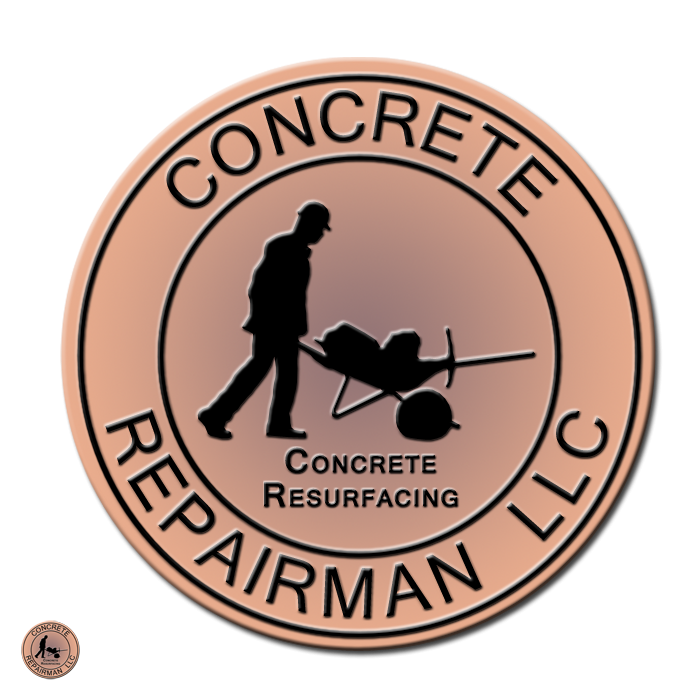Foundation Repair Denver Colorado
-
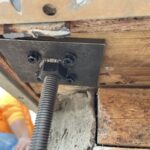
-
Tempe Arizona hurricane strap repair anchors
-
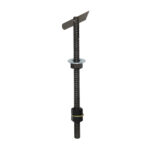
-
Mesa Arizona New Anchor Bolt J-Bolt Replacement Anchors
-
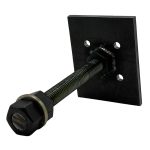
-
Arizona New Anchor Bolt J-Bolt Replacement Anchors Tempe
-
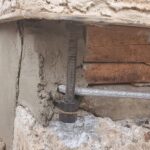
-
New Anchor Bolt J-Bolt Replacement Anchors Tempe Arizona
Foundation Repair in Denver, Colorado
Denver Colorado foundation repair contractor now can install these New anchor bolts from
AZ Anchor Bolts LLC Denver is a semi-arid climate that sees less than average rainfall. This can lead to foundation issues, including cracks and a loss of structural integrity.Expansive soil in Denver also contributes to differential settling, which leads to sections of your concrete foundation sinking at different rates. This type of damage can cause stair-step cracks in your foundation walls.
Crack Repair
Cracks in foundation walls are a common problem for Denver residents. This is because expansive clay soil in Colorado causes differential settling, where sections of your home’s foundation lose support from underneath and then crack and sink into the ground. This can put stress and added pressure on floor joists, framing, and roof rafters, which can lead to bowing or warping of these materials. Additionally, shifting ground can lead to gaps in basements and sagging floors.
The best way to avoid foundation damage is to check your home on a regular basis for signs of foundation problems. Look for leaky or leaking basements, uneven walls, sagging floors, and doors that don’t close smoothly. If you’re noticing any cracks, it’s important to take action as soon as possible. The longer foundation issues go unrepaired, the more expensive they will be to fix.
Repairing cracks in your home can be a complex and challenging job, so it’s recommended that you hire a professional to do the work for you. The best contractors are able to pinpoint the root cause of your foundation issue and then implement a comprehensive solution.
Some companies in the area offer financing options to help you afford their services. Olshan Foundation Repair, for example, offers flexible financing solutions with no payments and no interest for 12 months, while Complete Basement Systems provides same-as-cash options for its crawl space repair and basement waterproofing services.
Foundation Settlement
If your home has a basement foundation, you might be familiar with the term “foundation settlement.” This is a common problem with Denver-area homes. While all foundations settle over time, uneven settlement can lead to serious damage. Colorado’s expansive soil and dry climate contribute to differential settling, which causes sections of your foundation to lose support from the ground beneath. This causes cracks and gaping in the wall of your foundation. Most foundation settlement is a normal process, but hairline cracks should not be ignored. If they expand beyond an eighth of an inch, call a foundation contractor for help.
Horizontal cracks are another sign of foundation issues and should be addressed by a concrete repair expert right away. A stair-step crack is an especially alarming sign, as this type of crack forms in response to differential settling. A Denver foundation repair specialist can fix this problem with a solution that includes push pier installations or liquid urethane injections. These services can prevent further structural damage and increase the value of your property.
Other foundation solutions in Denver include perimeter drainage systems and basement waterproofing and crawlspace encapsulation. This service aims to divert groundwater from seeping into your basement or crawlspace and redirect it to other exterior drainage systems. It’s usually more expensive than foundation settlement fixes, but it may be worth the investment if you’re a homeowner with a basement or crawlspace.
Stem Wall Repair
Denver is a popular location for homes with basements and crawl spaces, and homeowners in the city deal with foundation problems more frequently than others.
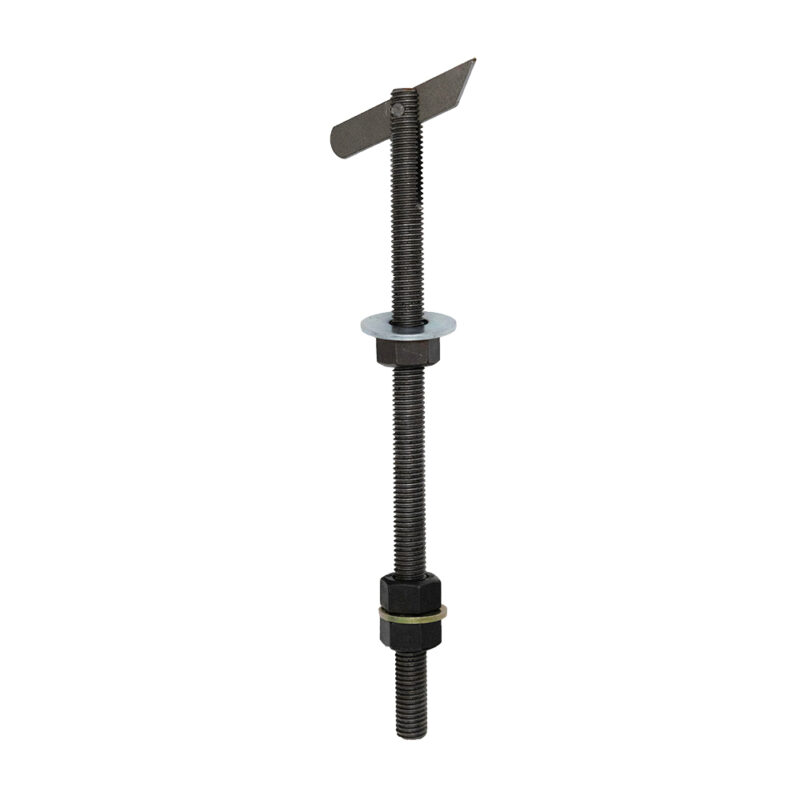
New Anchor Bolt J-Bolt Replacement Anchors Denver Colorado
This is because the region features a lot of loamy and clay-based soils, which can be problematic for basement foundations. This type of shifting soil causes voids below your home that water can easily get into. These voids may lead to hydrostatic pressure, causing your foundation to bow and sag. Fortunately, the solution to this problem is simple. There are a number of different foundation repair options available. One option is to install foundation anchors that can help support a bowing wall. These anchors can be installed on the inside or outside of a bowing wall to stabilize it. Another method is to brace the bowing wall with carbon fiber strips or steel beams. This can make the bowing wall more stable and ensure that it remains in place for years to come.
If you notice any cracks in your stem wall, it is best to call a foundation contractor to get the issue taken care of. This can save you a lot of money in the long run and prevent any further damage to your foundation. Stem walls are a vital part of your foundation. You want them to stand strong like the Great Wall of China! If you find that yours is cracking, it is time to call a Denver foundation contractor to do the repairs.
J-Bolt Replacement Anchors
J-bolt replacement anchors are popular for foundation repair because they provide the strongest holding value. However, they must be installed by a professional who is familiar with the foundations. When installing a J-bolt, it is important to know the depth of the foundation and to meet all local building department regulations. In addition, the bolts should be buried at least seven inches below the surface of the foundation. The j-bolt has a hooked end that loops around rebar and a threaded end that protrudes out of the concrete. It is a commonly used anchor for supporting light poles, highway sign structures, bridge rail, and equipment. Depending on the application, the anchor can be used as a cast-in-place or displacement controlled. Choosing the right anchor for your project is based on many factors, including the material of the bolt, its embedment depth, and the spacing from the free edges of the bolt and the concrete.
J-bolts can be found in several types, including mechanically galvanized and hot-dipped galvanized steel. They come in different lengths and diameters and are available with or without a nut. They are also available in sizes that fit into 2 inch, 4 inch and 8 inch geo-ground grids. They are also available with a gripping section that secures the bolt in place without a nut for easier setup. They are also available in a wide variety of colors and finishes to match your construction needs.
Tension Ties Strap Repair
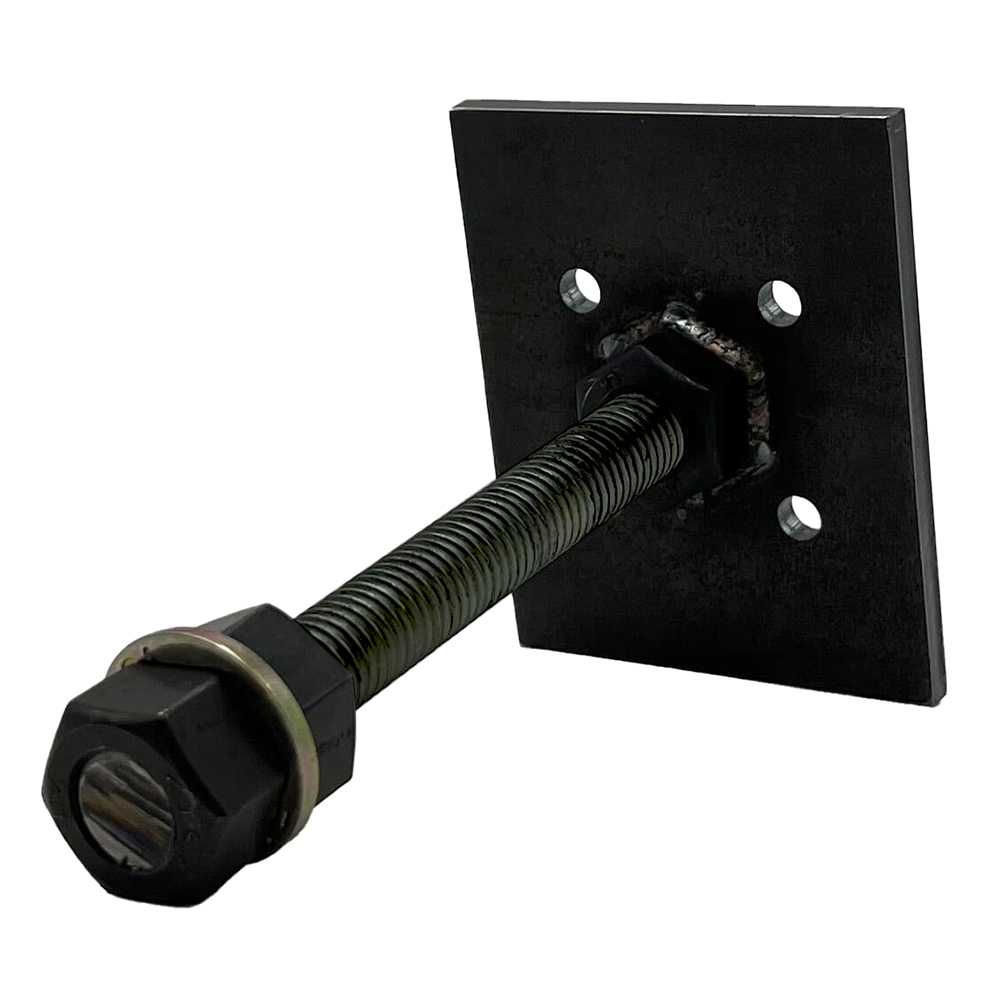
Denver Colorado New Anchor Bolt J-Bolt Replacement Anchors
Tension Ties Strap repair is a great option to strengthen wood connections between two members. They are available in different lengths, widths and thicknesses, so you can find the right strap for your project. The Strap Repair is a great way to fix joints between 2x lumber, but it can also be used for other types of wood building projects. They are easy to use and do not interfere with fasteners, making them perfect for a wide range of repairs. These straps are designed to carry both tension and compression loads, so they can be used for both small repairs and large projects. They are also available in a variety of sizes and load values to meet your needs. When using these straps, make sure to follow the installation instructions carefully. These instructions will help you get the job done quickly and correctly.
Another important thing to remember is that you should always use the correct type of fasteners when installing connectors. This will ensure that you don’t damage the connectors and can continue to use them for a long time. The right connectors can help your foundation resist the movement, stress and loading caused by gravity and impact events. If you are unsure about what type of connectors you need, you can contact a local expert to help you find the best solution for your foundation.
Hurricane Strap Repair
Hurricane straps are a necessary part of preventing damage to your home from hurricane winds. They are designed to keep your roof attached to the rest of your house and to help prevent it from blowing away in a hurricane or tornado. There are many different types of hurricane straps, but some are more effective than others. You’ll want to make sure you choose the right type for your home and use it properly. The hurricane straps that you install will depend on the type of roof you have and what your local building code requires. Regardless of what type you’re installing, you should make sure you have the right number of fasteners for each strap. You should also check your nails to ensure they’re the correct size and length for your particular roof. Some straps use 8d nails that are the right size for a 2x roof framing, but other ties may require a longer or larger nail. You should be able to find hurricane straps at your local home improvement store, but be sure you’re buying the correct ones for your needs. For example, if you have a single-sided twist strap, you’ll need a different type of tie than if you have U-shaped ties. You’ll also want to choose a strap that can be attached to both your roof and your wall.
-
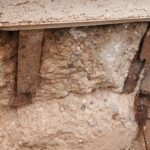
-
Tempe Arizona Hurricane Strap Removal and Replacement
-
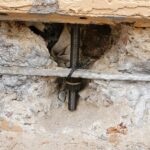
-
New anchors install quick and easy, just tighten and patch back Tempe AZ Arizona.
-
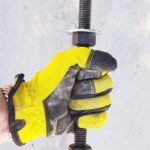
-
Anchor Bolt foundation Repair Chandler Arizona
-
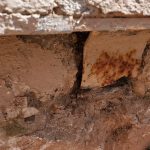
-
Tension Ties Strap Repair Chandler Arizona
-

-
Tension Ties Strap Repair Tempe Arizona
-
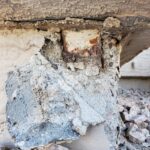
-
Tension Ties Strap Repair Chandler Arizona
-
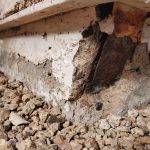
-
Hurricane Strap Repair Tempe Arizona
-
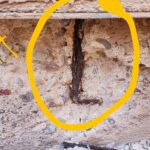
-
J-Bolt Repair Tempe Arizona
-
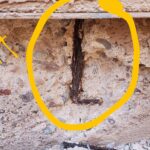
-
J-Bolt Rusting, Oxidized, Corrosion Chandler Arizona
-
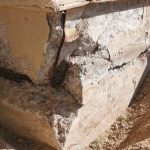
-
Hurricane Strap Repair, Tension Ties Repair Concrete Repairman LLC Tempe Arizona.

